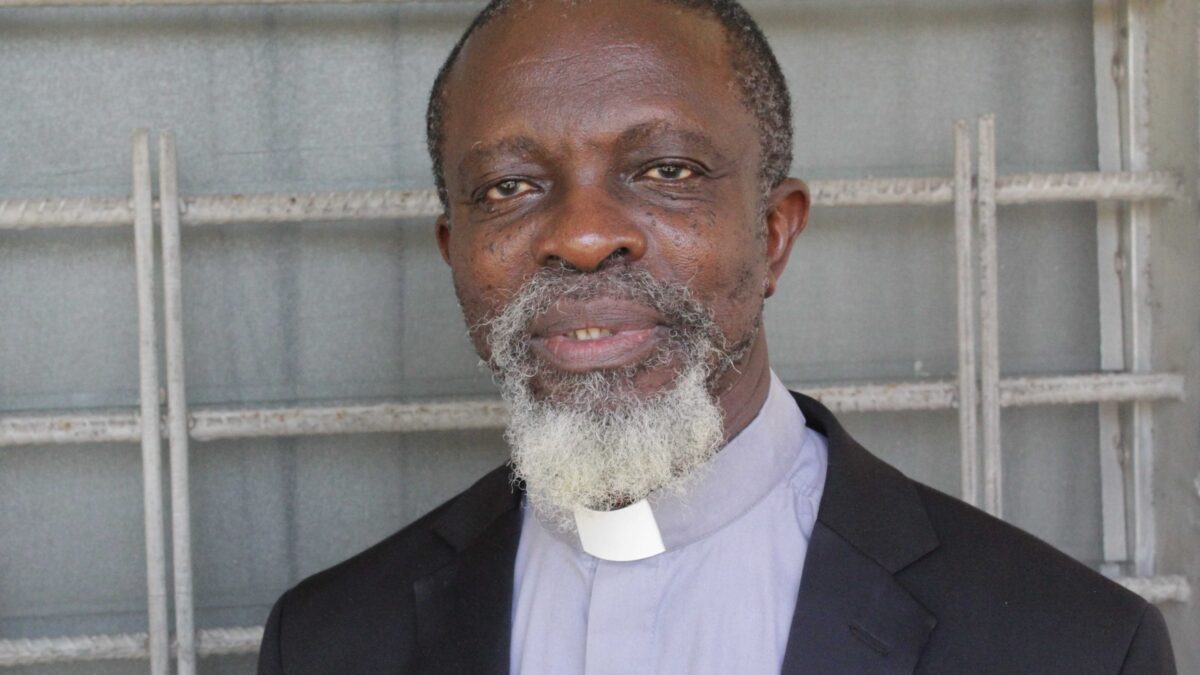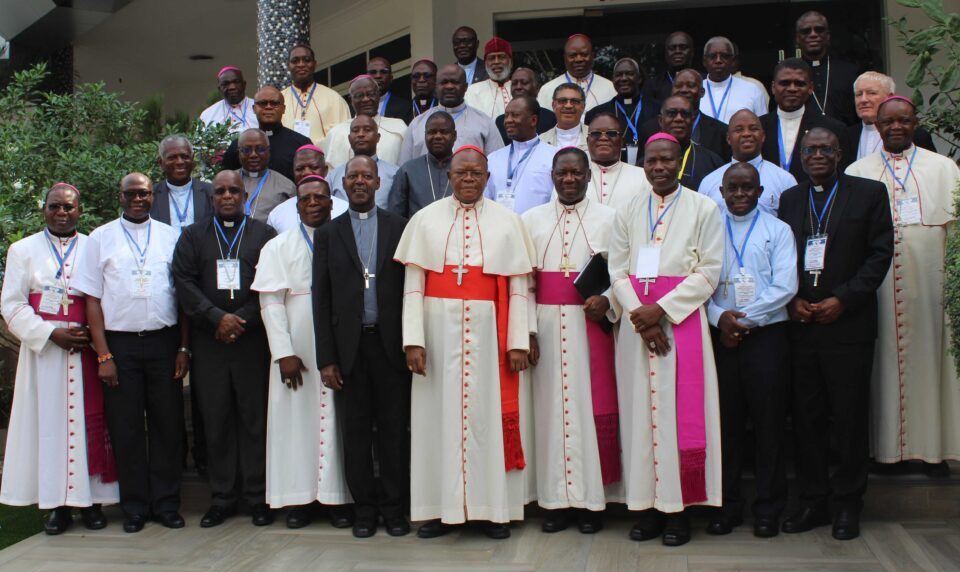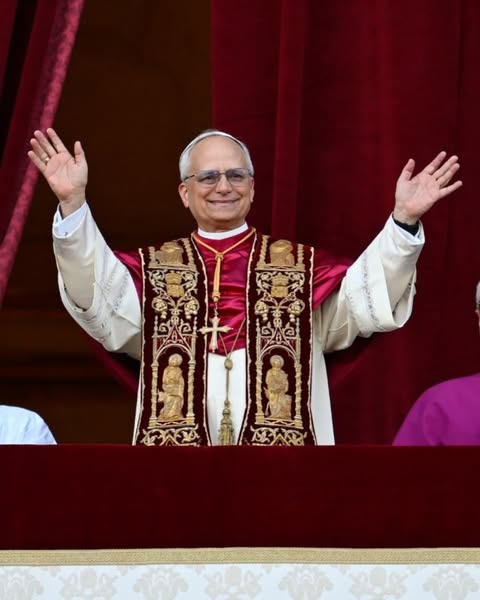- Contact us on - Contactez-nous sur - Contacte-nos em
- +233-30-277-8867/8
- +233-30-277-2548
- secam@secam.org
Fr. Albert Ngengi Mundele: “BICAM-CEBAM is investing more in in-depth evangelization”
A biblical specialist and teacher at the Catholic University of Eastern Africa (CUEA) in Nairobi, Kenya, Prof. Albert Ngengi Mundele, a priest of the diocese of Kenge in the Democratic Republic of Congo (DR Congo), is the director of the Catholic Biblical Center for Africa and Madagascar (BICAM-CEBAM) based in Nairobi since 2017. Here, he takes stock and reiterates the commitment of this tool of the biblical apostolate.
Can you briefly introduce BICAM to our readers?
The Catholic Biblical Center for Africa and Madagascar (BICAM) is the official organ of the Symposium of Episcopal Conferences of Africa and Madagascar (SECAM) for the promotion, organization and coordination of the biblical apostolate in Africa and its islands. It works in close collaboration with the organs of SECAM, in particular the regional, national and diocesan episcopal conferences, as well as any person involved in the sector of the biblical apostolate. This center is at the same time the coordinating body in Africa for the activities of the Catholic Biblical Federation.
BICAM depends on the Evangelization Commission of SECAM chaired by the First Vice-President of this Symposium, currently Most Reverend Lucio Andrice Muandula, Bishop of Xai-Xai in Mozambique. Daily administration is ensured by the First Deputy Secretary General of SECAM, currently Fr. Alfred Bebodu.
What is the contribution of BICAM in the promotion of evangelization?
BICAM is investing more in in-depth evangelization in Africa. In accordance with its mission, since our appointment we have been able to organize seminars to assess the state of the biblical apostolate in Africa, for the three linguistic areas of the Symposium: English-speaking, French-speaking and Portuguese-speaking.
The observation is that in some countries, the biblical apostolate is well organized, such as Ghana, Cameroon, DR Congo, Mozambique, Angola, etc. While some episcopal conferences have not yet properly structured their biblical apostolate.
Our duty is therefore to help episcopal conferences to establish this apostolate where it does not yet exist and to strengthen those that already have one. We had started initiatives, which were unfortunately slowed down by the Covid 19 pandemic. However, we are continuing this mission, despite the financial difficulties.
The main activities that you were able to organize?
We organized international conferences on “the Bible and orality” in 2018, the works of which are published, the second on “the Bible and young people”, then a third which will address “the Bible and women”.
BICAM has also supported certain dioceses which have organized activities such as the year of the Bible (in Kenya) with the animation of weekly meetings, through the support of manuals and documents relating to the biblical apostolate, etc.
For a year, we have also been developing a website to provide a database containing documents likely to help in the planning and structuring of the biblical apostolate in the particular Churches.
Any outlook?
In perspective, we are working on the development of BICAM’s infrastructures: for example, the construction in Nairobi of a building in the form of a reception and conference center; the development of the institute for the translation of the Bible into local languages; the development of another plot of land in the DR Congo to support the biblical apostolate and for self-care.
The accessibility of the Bible to Internet users is one of our priorities. On the one hand, we offer on our website links to congregations whose charism is based on the biblical apostolate. On the other hand, we encourage the production and distribution of biblical contents (text, audio and video) by priests, religious, lay people, etc.
Interview by Charles Ayetan




